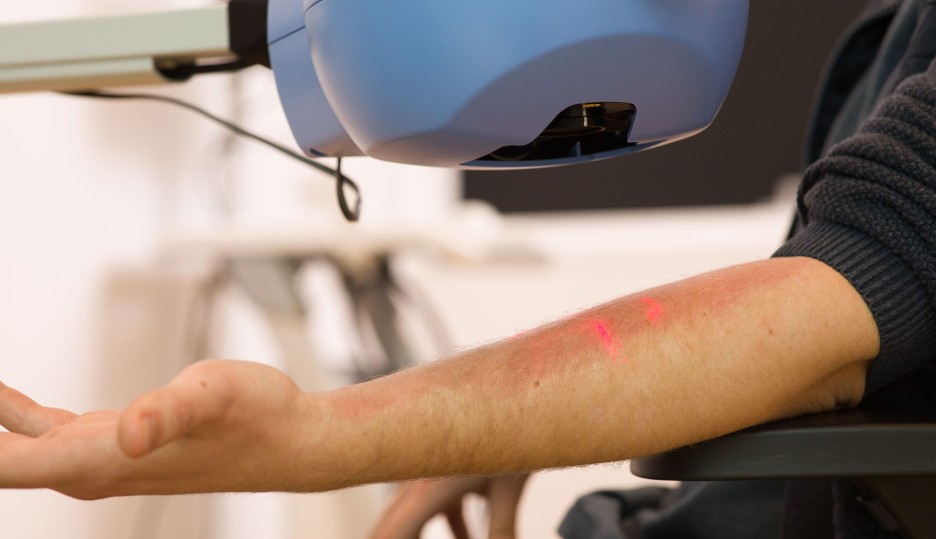The role of the cardiovascular system
The cardiovascular system plays a crucial role in regulating haemostasis and transporting fluids and proteins. The endothelium, which lines the inner walls of all blood vessels, interacts with smooth muscle cells to regulate vasomotor tone and with myocardial cells in the heart to control cardiac contractility. Endothelial dysfunction is marked by impaired vasodilation, a proinflammatory state with prothrombotic properties, and reduced myocardial contraction. Dysfunction of the endothelium in both the vessels and the heart is considered a central factor in the development and progression of various cardiovascular and metabolic diseases, including heart failure, diabetes, chronic kidney disease, and hypertension. It is also associated with increased mortality. Most of the pathology occurs in the arterial and microvascular circulations, with the prevailing hypothesis suggesting that microvascular disease often coexists with, and may even precede, macrovascular disease—likely due to shared mechanisms of vascular inflammation.
CHDR’s vascular function evaluation services
At CHDR, we offer comprehensive services for evaluating vascular function, an essential component of assessing cardiovascular health and the impact of therapeutic interventions. Our expert team uses a range of advanced techniques to assess endothelial function, vascular tone, and blood flow, providing valuable insights into vascular health and disease mechanisms.
We utilise non-invasive methods, such as flow-mediated dilation, which measures endothelial-dependent vasodilation in response to changes in blood flow. These techniques are ideal for studying the impact of pharmacological treatments, as well as underlying conditions like hypertension, diabetes, and atherosclerosis.
By employing various physiological or pharmacological stimuli, the mechanisms that regulate vascular function can be studied. Local perfusion can be assessed using iontophoresis, a technique that utilises a small electrical current to transport pharmacological agents through the skin, inducing local perfusion responses. We can differentiate between endothelium-dependent and -independent vascular responses through the use of different stimuli. Additionally, cardiac waveform analysis allows us to measure left ventricular contractility, cardiac output, and stroke volume in a sensitive and non-invasive manner. Haemodynamic changes can be tracked over time, and the responses of blood pressure, systemic vascular resistance, cardiac output, and contractility to systemic treatments or challenges can be evaluated.
CHDR’s unique in vivo vascular leak model
CHDR has recently developed a unique in vivo human vascular leak model. Building on our experience with intradermal lipopolysaccharide (LPS) administration as an inflammatory challenge, this vascular leak model induces controlled and transient vascular leakage in the skin of healthy volunteers. Following intradermal LPS administration, skin volume increases due to endothelial leakage, coinciding with an elevation in the total protein and albumin levels in interstitial fluid. This vascular response is accompanied by vascular activation, as evidenced by the induction of integrins, selectins, cadherins, and other markers of vascular activation (e.g., thrombomodulin, angiotensin). This is followed by the migration of leukocytes from the circulation to the interstitial fluid. The extravasation process can be characterised and quantified through flow cytometry of interstitial fluid at CHDR’s bedside flow cytometry unit.

